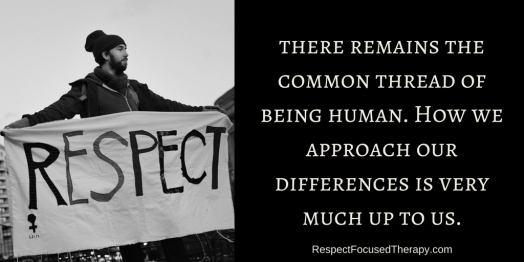We know that the clinical data and real life clinical experience clearly support the unfortunate truth that these seasonal holidays bring many clients heightened anxiety, depression, and thoughts and actions of harm to self and others. This phenomenon has been occurring regularly for decades, if not centuries. While we know that some is related to the nature of the actual season itself (i.e. the shorter days of daylight), it is thought that the holidays themselves also contribute to this rough period of time experienced by so many. The expectations of joy and giving often becomes burdensome to those who feel limited on material funds or sources of happiness in their personal lives.

Another area that creates tension for many is the interpersonal context of the season, or more specifically, family. The holidays bring with them some Hollywood, picture-perfect ideals of family get-togethers and, as we know all too well, they’re not always that way. Conflicts and feuds, old and new collectively, intensify and heighten the probability and noted occurrences of domestic violence in the midst of attempted festivities. Illness, physical or mental, or losses, such as divorce or death of a loved one, in the family can produce clouds of sadness and despair. Many do not have any family at all. So trying to create joy around these real life situations are increasingly challenging, if not seemingly impossible, depending on the freshness and intensity of the circumstances.
So therapists have a greater responsibility during these times. It rests upon us to have keener awareness to the possibilities of more difficult and, perhaps, more dangerous times for our clients. We need to more diligently assess for suicidal and/or violent ideations and be prepared to intervene swiftly and effectively as needed. Obviously, this season can and does also cause more stress for us as healers. Therefore our wellbeing is even more vitally significant than usual. As we teach our clients how to be more kind and gentle to themselves and those they love, so should we carefully listen to our own words of wisdom. May this season bring all of us peace and calm reassurance that we are valued.

Respect-Focused Therapy (RFT) is a foundation on which all modalities and techniques used in therapy can be strongly grounded, in order to produce sound, effective outcomes. This approach offers clients the opportunity to gain experiential understanding of being respected, possibly for the first time, from the therapeutic relationship and then be able to heal old wounds by creating more respect for self and others in the therapeutic process.

